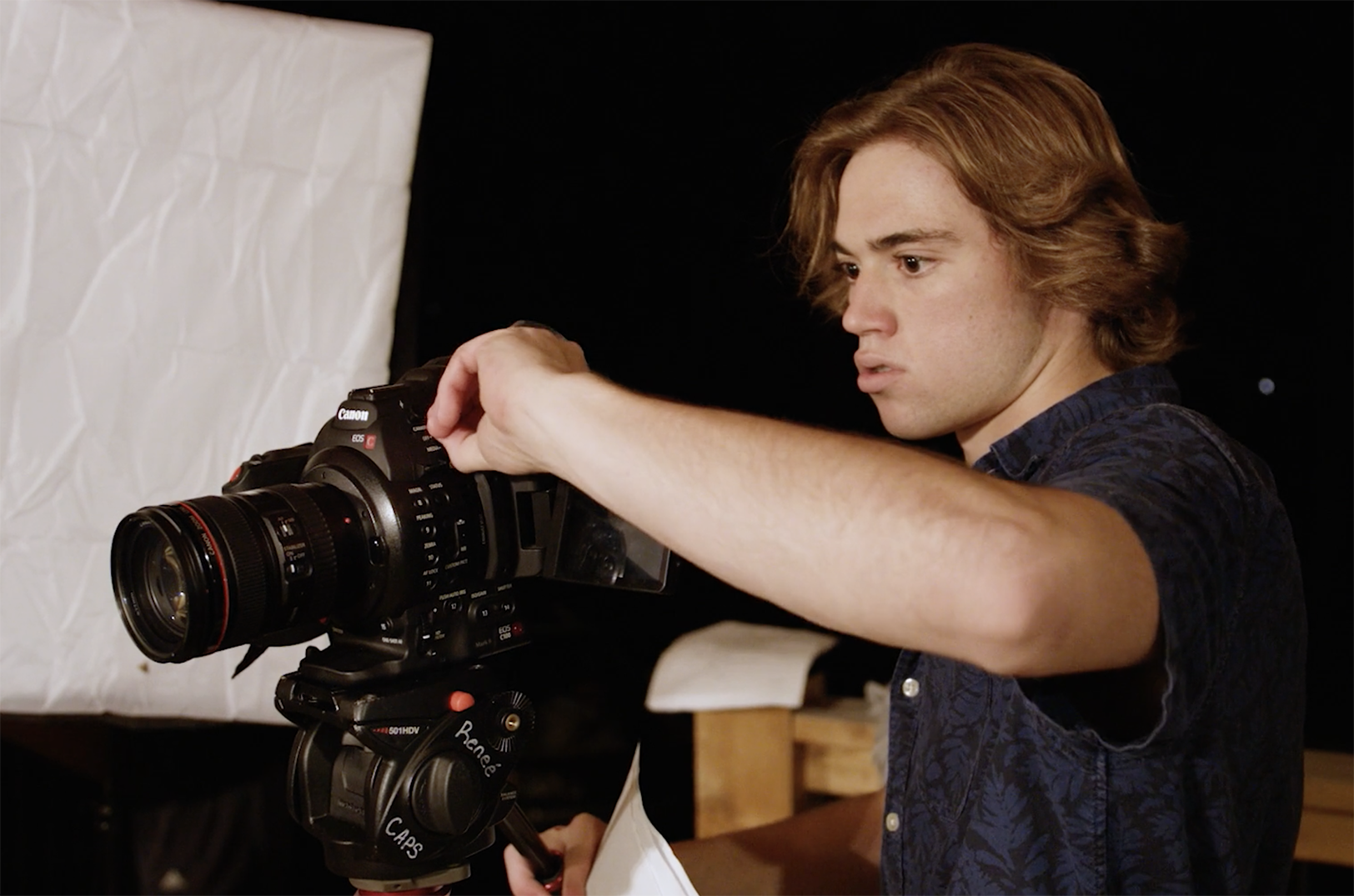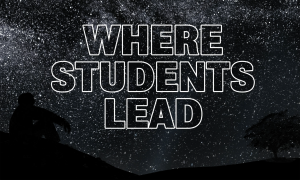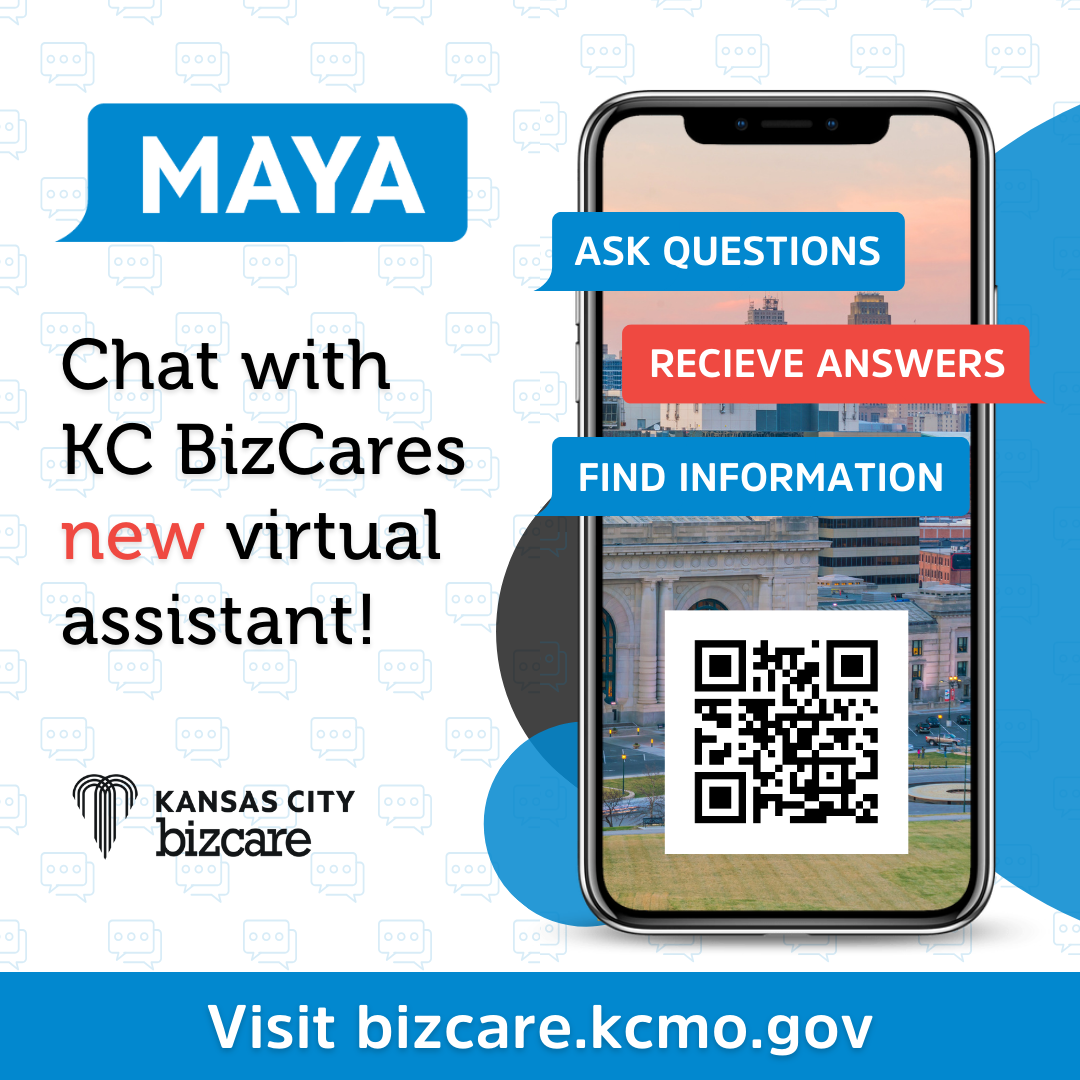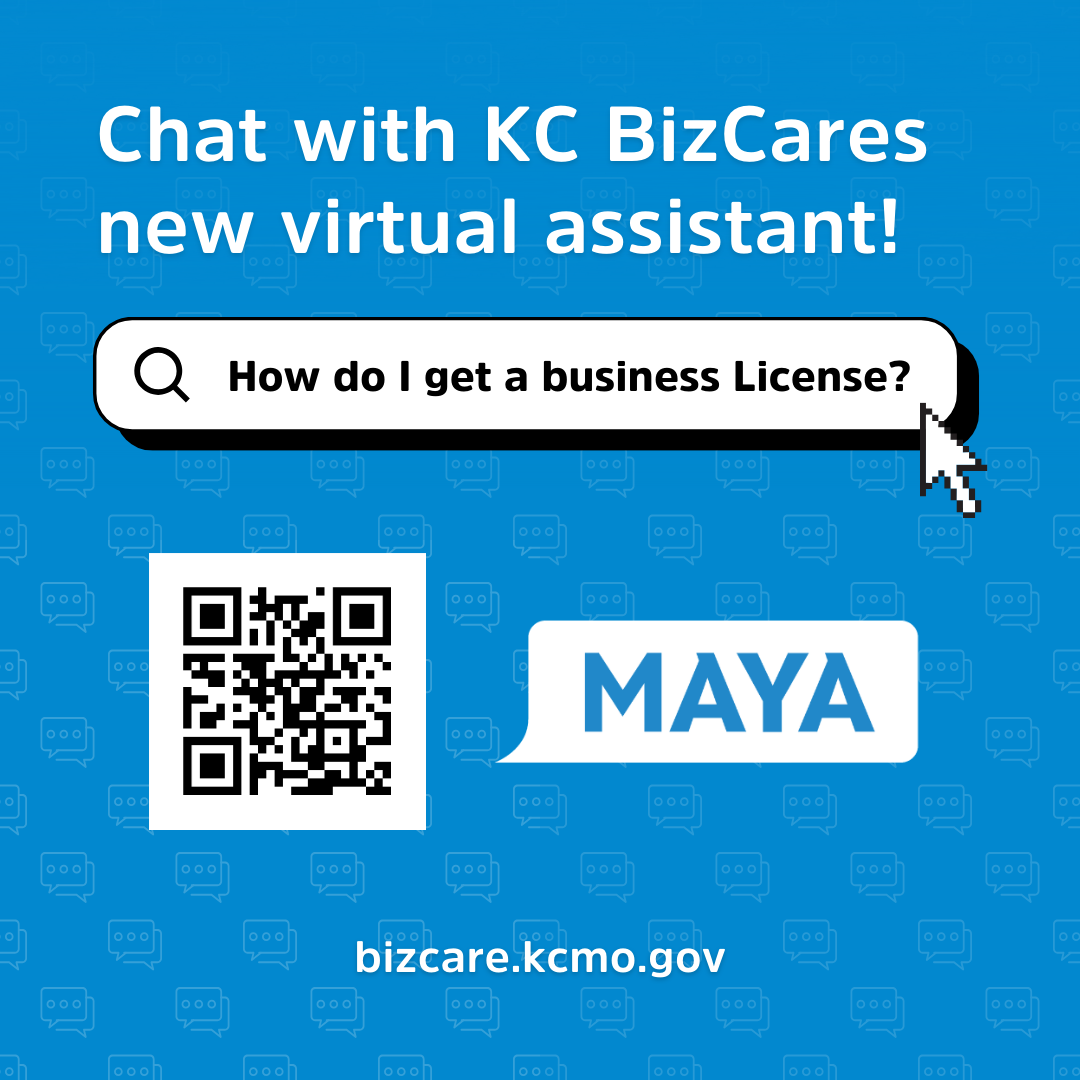There’s no syllabus for life, laments a teenage student in a soon-to-be released documentary detailing the impact of experiential learning on the new generation of youth about to enter the workforce.
The documentary — “Where Students Lead” — heavily showcases student voice and the Center for Advanced Professional Studies, said Corey Mohn, executive director of the Overland-based CAPS network of high school programs.
“I hope people leave [watching the documentary] having a better sense of what students today desire and what they’re learning about what gives them the best chance to be successful in the field that speaks to them,” he said.
The documentary is expected to be released nationally, starting Wednesday, March. 20 at the Leawood Town Centre AMC Theater — tickets for which are currently sold out, said Mohn. The film is expected to return to the Kansas City area April 17. Tickets for the second showing are still available.
Click here to learn more about “Where Students Lead” or purchase tickets.
Keep reading after the trailer.
“We’ll have a full house [in Kansas City] at our first screening,” he laughed. “Then the next four or five weeks hitting some hotspots where we know people are interested in the model to be able to rally those who haven’t yet had a chance to really understand what this is, and get them excited about experiential learning.”
“Where Students Lead” originated with CAPS’ film-focused students, said Mohn, noting the students outlined the message of what would become a feature-length documentary with a national focus.
KC-based storytelling agency Overflow Story Lab “filled the gaps” and completed the project professionally, he said, noting such national and local partners as Black & Veatch and Northeastern University supported crucial steps to releasing the film on a national scale, with the documentary hitting six states in just the first tour.
“[The students] thought it would be powerful to tell their story, and not just the time they spend here, but what it’s like to be a teenager in high school and the various pressures [they face] and different ways that students learn,” Mohn said.
Much of the documentary’s footage was captured by students, he added.
“So the students who worked on the film will likely recognize their work,” he said. “Overflow’s primary job was to go through the footage and check how it was coming together and what was still needing to be captured, then polish it off and finish it up.”
Click here to learn more about CAPS’ global expansion.








































